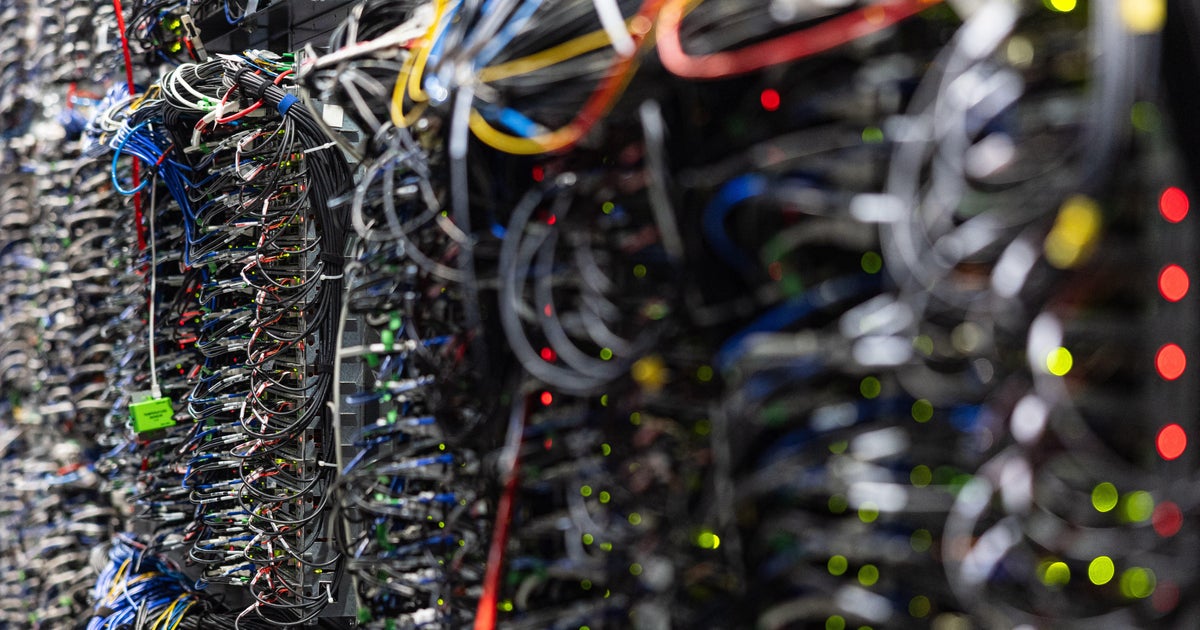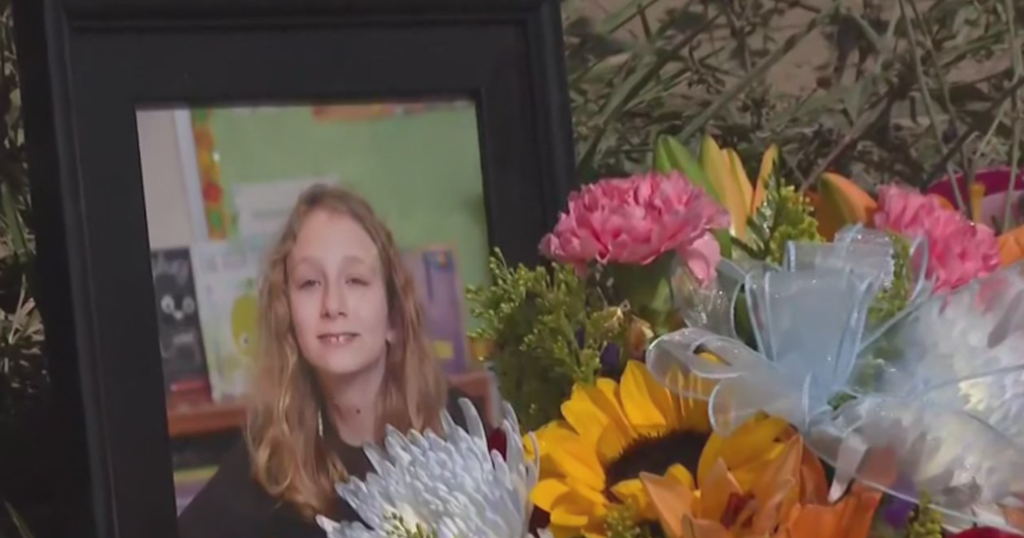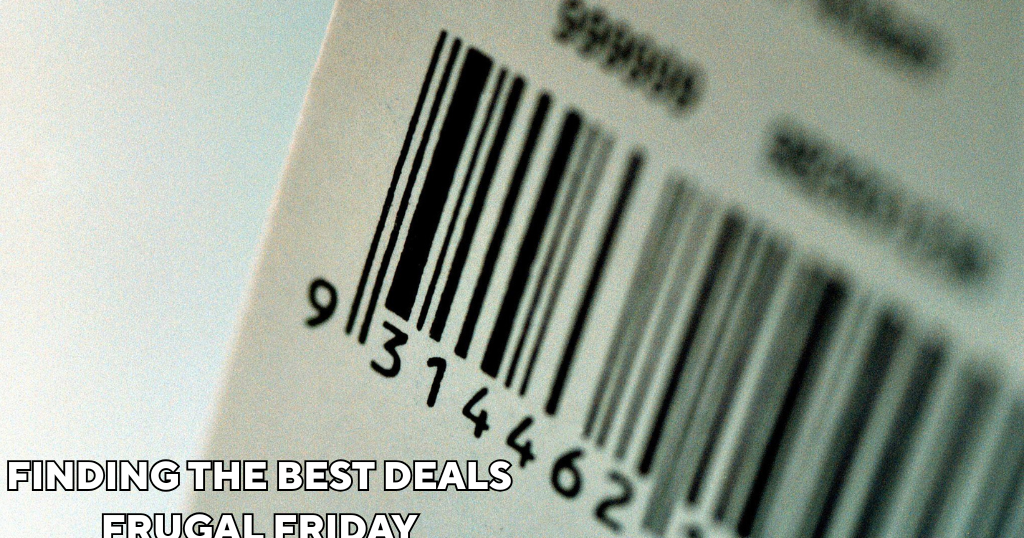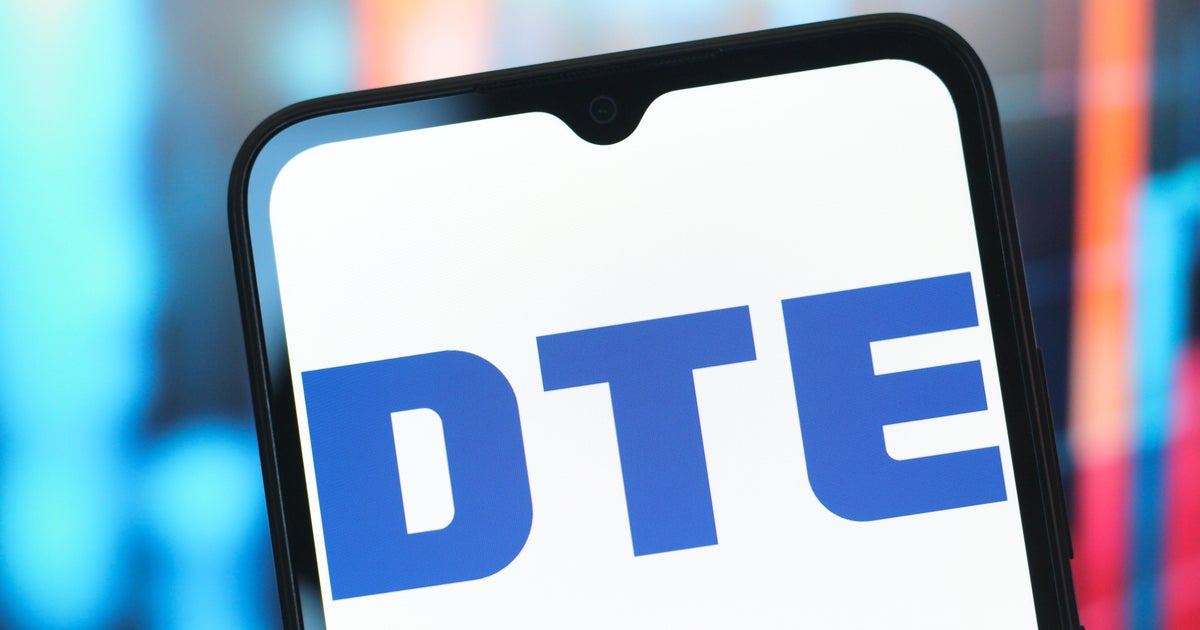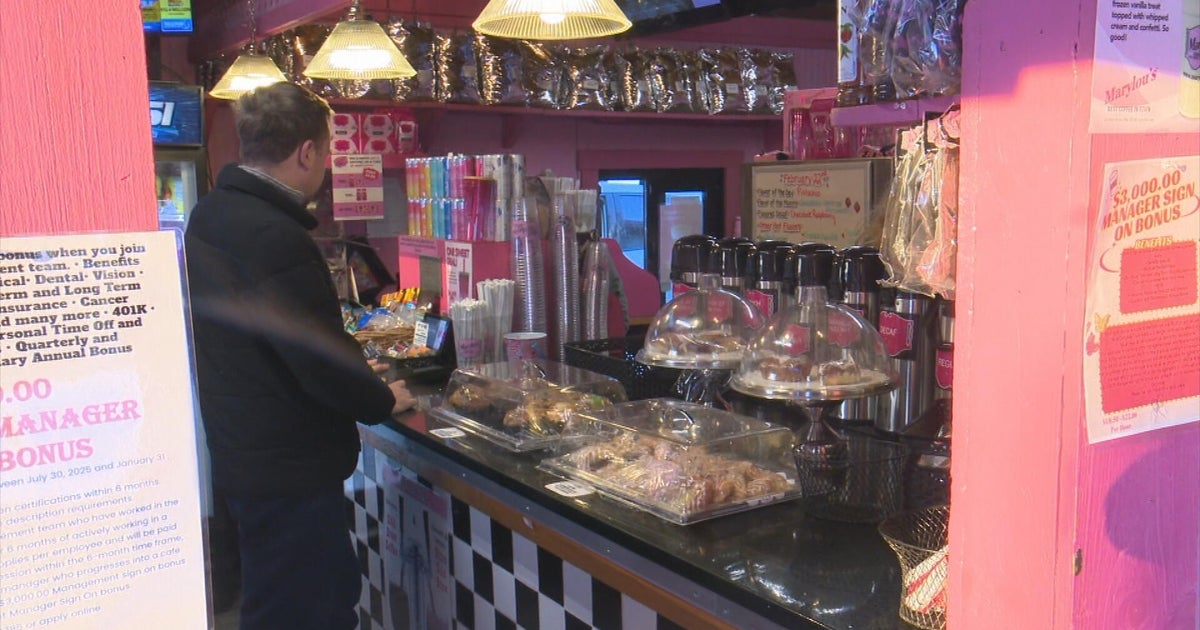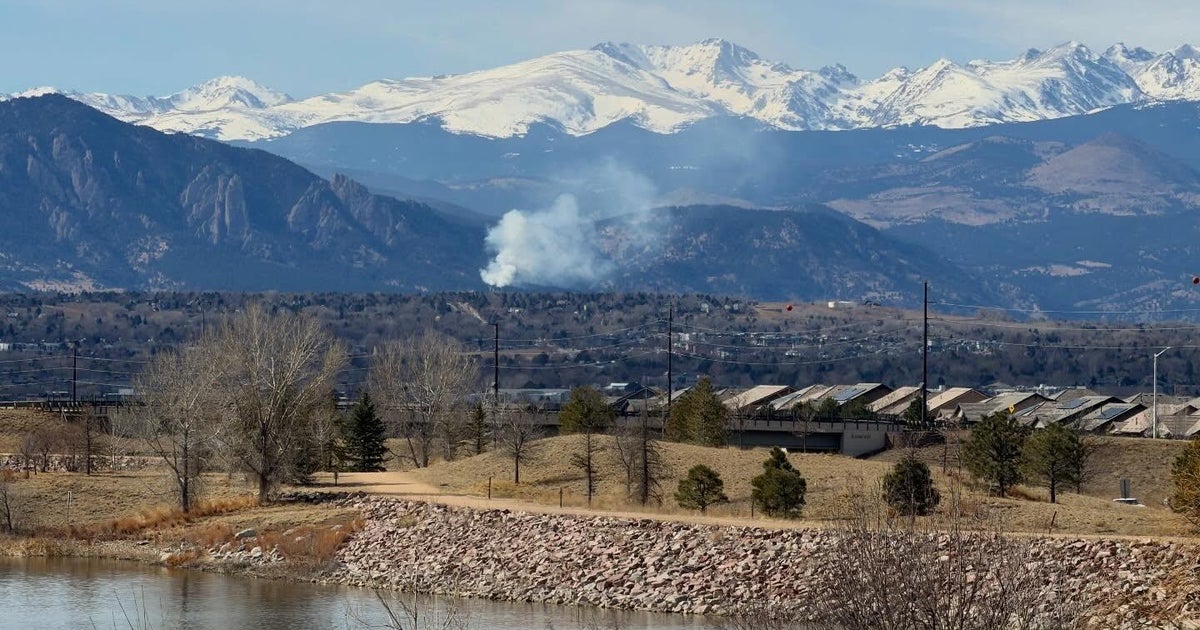How much caffeine is in your energy drink?
But all of the products had one thing in common: a lot of caffeine. That raises a red flag for Gayle Williams, CR's deputy health editor.
"The amount of caffeine in these products is worrisome," Williams says. "They tout that they are as safe as coffee, but maybe not. They have a lot more caffeine than an 8-ounce cup of coffee."
That 8-ounce cup of coffee has about 100 milligrams of caffeine, although coffees and teas vary widely in their caffeine content depending on how they are brewed. For example, CR finds that 8 ounces of Starbucks coffee has 165 milligrams of caffeine.
CR says safe limits of caffeine are up to 400 milligrams per day for healthy adults, 200 milligrams a day for pregnant women, and up to 45-85 milligrams per day for children, depending on weight.
How Much Caffeine?
The consumer group bought three samples of each of the 27 energy drinks and tested them for caffeine. The highest amount per serving was 242 milligrams of caffeine in 5-Hour Energy Extra Strength. The lowest was in 5-Hour Energy Decaf, which despite the name carries 6 milligrams of caffeine per serving.
Caffeine can result in restlessness, nervousness, insomnia, and tremors. High amounts can also trigger seizures and abnormal heart rhythm.
In the CR tests, seven products had more than 200 milligrams of caffeine per serving:
- Full Throttle (210 milligrams)
- Celsius (212 milligrams)
- 5-Hour Energy (215 milligrams)
- Monster X-presso (221 milligrams)
- NOS High Performance Energy Drink (224 milligrams)
- Rockstar Energy Shot (229 milligrams)
- 5-Hour Energy Extra Strength (242 milligrams)
Monster Energy, the drink blamed in a lawsuit for the death of a 14-year-old girl and cited in five deaths reported to the FDA, has 92 milligrams of caffeine per 8-ounce serving. That's about mid-range for the energy drinks tested — but more than the lawsuit alleges the product contains.
"Neither the science nor the facts support the allegations that have been made," Monster Beverage Corp. says in a statement. "Monster reiterates that its products are and have always been safe."
Another thing that worries Williams is that energy drinks are marketed to teens and young adults.
"These drinks are accessible to kids; they are sold in stores near the soft drinks," she says. "And a lot of kids look at these drinks as a healthier alternative to soda. They may think it is better for them than sugary soft drinks."
SOURCES:Gayle Williams, deputy health editor, Consumer Reports.Consumer Reports, December 2012.Medscape: "Caffeine Toxicity."Monster Beverage Corporation.
